You may have heard of stem cell therapy as a promising treatment for various diseases and conditions. But did you know that nutrition also plays a vital role in stem cell health and function?
Stem cells are special cells that have the ability to develop into different types of cells in the body, such as muscle cells, nerve cells, blood cells, etc. They also have the ability to self-renew, meaning they can divide and produce more stem cells. Stem cells are essential for tissue repair and regeneration, as well as for maintaining the balance of healthy and diseased cells in the body.
How does nutrition affect stem cell health?
Nutrition is one of the key factors that influence stem cell health and function. The food we eat provides the building blocks for our cells, as well as the energy and signals that regulate their activity. Some nutrients are especially important for stem cell health, such as:
– Antioxidants: These are substances that protect our cells from oxidative stress, which is caused by free radicals. Free radicals are unstable molecules that can damage our DNA and other cellular components. Oxidative stress can impair stem cell function and lead to premature aging and disease. Antioxidants can neutralize free radicals and prevent oxidative damage. Some examples of antioxidants are vitamin C, vitamin E, beta-carotene, selenium, zinc, etc.
– Omega-3 fatty acids: These are essential fats that our body cannot produce on its own. They have anti-inflammatory properties and can modulate the immune system. Omega-3 fatty acids can also enhance stem cell differentiation and survival, as well as improve their ability to migrate to the sites of injury or disease. Some sources of omega-3 fatty acids are fish oil, flaxseed oil, walnuts, chia seeds, etc.
– Amino acids: These are the building blocks of proteins, which are essential for cell growth and repair. Amino acids can also act as signaling molecules that regulate stem cell behavior. Some amino acids that are particularly important for stem cell health are arginine, glutamine, glycine, proline, etc.
– Folate: This is a B vitamin that is involved in DNA synthesis and repair. Folate is crucial for stem cell proliferation and differentiation, as well as for preventing DNA damage and mutations. Folate deficiency can impair stem cell function and increase the risk of birth defects and cancer. Some sources of folate are leafy green vegetables, beans, lentils, nuts, seeds, etc.
How can nutrition support stem cell therapy?
Stem cell therapy is a form of regenerative medicine that uses stem cells to treat various diseases and conditions. Stem cell therapy can be autologous (using your own stem cells) or allogeneic (using donor stem cells). Depending on the type and source of stem cells used, stem cell therapy can have different benefits and risks.
Nutrition can support stem cell therapy by:
– Preparing your body for the procedure: Before undergoing stem cell therapy, it is important to optimize your nutrition status and avoid any deficiencies or imbalances that could affect your stem cell health and function. You should also avoid any foods or substances that could interfere with your immune system or cause inflammation or allergic reactions.
– Enhancing your recovery after the procedure: After receiving stem cell therapy, it is important to nourish your body with adequate nutrients and fluids to support your healing process and prevent any complications or infections. You should also avoid any foods or substances that could harm your transplanted stem cells or cause rejection or graft-versus-host disease.
– Maintaining your long-term health: After completing your stem cell therapy, it is important to follow a healthy diet and lifestyle that can sustain your stem cell health and function and prevent any recurrence or relapse of your condition. You should also monitor your nutrition status and consult your doctor if you notice any changes or symptoms.
The combination of nutrition and stem cell therapy offers the potential for long-term benefits and healthy aging. A nutrient-rich diet not only supports the success of stem cell therapy but also promotes overall wellness and helps maintain the health of existing cells. This holistic approach enhances the body’s regenerative capabilities and supports longevity and healthy aging.
Nutrition and stem cell therapy are closely related and can influence each other in many ways. By following a balanced and nutritious diet, you can improve your stem cell health and function and enhance your outcomes from stem cell therapy. If you are interested in learning more about nutrition and stem cell therapy, please contact us today.


